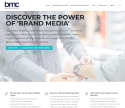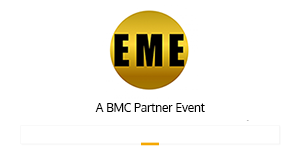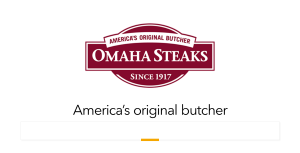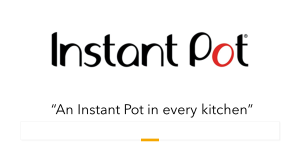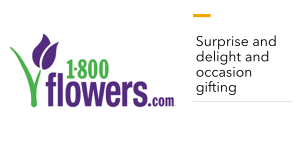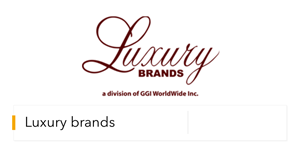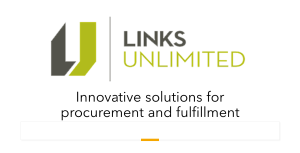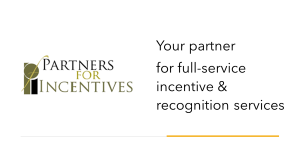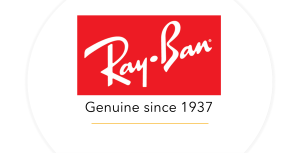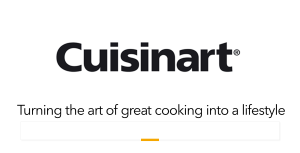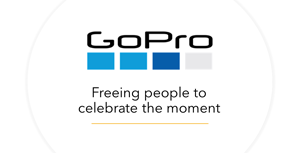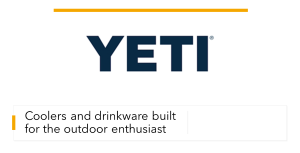IRF Report: Non-Cash Rewards Can Help Address Inflation-Era Compensation Challenges
This Incentive Research Foundation Report suggests that a careful balance of non-cash-based incentives and recognition can help enhance employee experiences with fewer long-term fixed costs.
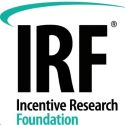 Organizations looking for ways to enhance employee experiences while minimizing fixed-cost increases during a time of high inflation should consider more emphasis on properly designed non-cash incentive and recognition programs, writes Allan Schweyer, Chief Academic Advisor, in a report “Non-Cash Rewards in a Period of High Inflation,” published by the Incentive Research Foundation.
Organizations looking for ways to enhance employee experiences while minimizing fixed-cost increases during a time of high inflation should consider more emphasis on properly designed non-cash incentive and recognition programs, writes Allan Schweyer, Chief Academic Advisor, in a report “Non-Cash Rewards in a Period of High Inflation,” published by the Incentive Research Foundation.
He writes, “One reason firms use one-off cash and non-cash rewards is to motivate and retain high-performing employees while avoiding permanent increases in costs via higher wages, salaries, and benefits – signing and retention bonuses may be the most direct example. A large body of research suggests that non-cash rewards are more effective motivators than cash in many cases, but little has been written about cash versus non-cash rewards in times of high inflation and low unemployment.”
He elaborates, “Intuitively, one might expect that unless cash rewards have increased at the pace of inflation or better, recipients might look at them the same way they assess wages and salaries – as having eroded in value. In this case, the impact of the reward will diminish. Non-cash rewards more likely sidestep this issue and may be better received. Firms that offer merchandise, travel, and other non-cash rewards will likely pay more for them today than they might have two years ago, but effective sourcing should keep those costs below the overall inflation rate. More importantly, however, is the feeling that non-cash rewards can evoke beyond cash reward.
In 2004, he writes, “University of Chicago professors Christopher Hsee and Yuval Rottenstreich conducted experiments to test their hypotheses on the ‘psychology of value’ – how people feel versus calculate value. Hsee and Rottenstreich found that when people rely on feeling to assess value, the ‘scope’ – quantity of a thing (e.g., reward) – is significantly less important than when they calculate the value of a thing. In other words, when a person rationally calculates the real value of a reward, they care a great deal about quantity, but when they rely on feelings to assess the value of a reward, the importance of quantity drops off.”
The researchers, he continues, “found that the more salient (affect-rich, or side effects of) a thing or reward, the more likely a person will value it based on feeling. This underscores the importance of presentation of non-cash rewards, for example, ‘selling’ a high-performer on the excitement or luxury of an experience or material item and presenting the reward in an affect-rich manner. Social psychologist and Nobel laureate Daniel Kahneman has drawn similar conclusions from his research. Based on ‘the sign and intensity of the emotional response to objects,’ Kahneman finds that valuations are scope-insensitive, in other words, the importance of quantity disappears.”
Advises Schweyer, “Firms should always aim for a balance of cash and non-cash incentives, but in an economy that is highly unpredictable – even in the short term – remember that cash rewards are perfectly suited to evaluation by calculation. Consider rebalancing your incentive system to include more non-cash rewards that are geared to a person’s likes (to trigger feeling) yet novel enough that the recipient’s knowledge of the reward type won’t turn feelings into calculation.”
Editor’s note: Another benefit of non-cash awards is enabling valued stakeholders to indulge in a luxury they might otherwise resist because of economic uncertainty.
Click here to get RRN news delivered each week.
Education, Certifications, and Information to Activate
Brand Media and Enterprise Engagement
A complete learning, certification, and information program and a course syllabus for educators.
Resources: The Brand Media Coalition, the only guide to the story-telling power of brands and where to source them for business, event, promotional gifting, and rewards and recognition. Enterprise Engagement Solution Provider Directory. The only directory of engagement solution providers covering all types of agencies and tactics as well as insights on how to select them.
Communities: The Enterprise Engagement Alliance and Advocate and the Brand Media Coalition free resource centers offering access to the latest research, news, and case studies; discounts, promotions, referrals, and commissions, when appropriate to third-party solution providers from participating coalition solution provider members.
Training and Certification
Enterprise Engagement Alliance Education: Certified Engagement Practitioner; Advanced Engaged Practitioner, and Certified Engagement Solution Provider learning and certification programs on how to implement Stakeholder Capitalism principles at the tactical level.
International Center for Enterprise Engagement: The only training and certification program for ISO 30414 human capital reporting and ISO 10018 quality people management certification.

The EEA offers a complimentary course syllabus for educators.
In Print:
This is the definitive implementation guide to Stakeholder Capitalism, written specifically to provide CEOs and their leadership teams a concise overview of the framework, economics, and implementation process of a CEO-led strategic and systematic approach to achieving success through people. (123 pages, $15.99)
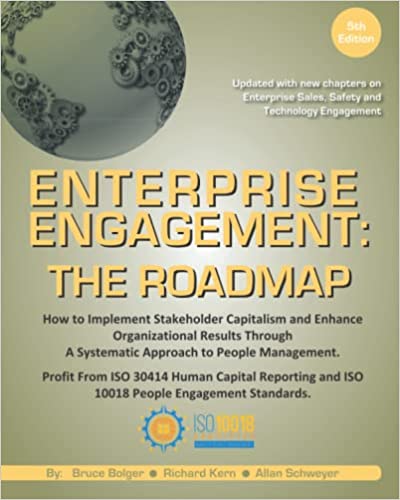
The first and most comprehensive book on Enterprise Engagement and the new ISO 9001 and ISO 10018 quality people management standards. Includes 36 chapters detailing how to better integrate and align engagement efforts across the enterprise. (312 pages, $36.)
Online:
10-minute short course: click here for a 10-minute introduction to Enterprise Engagement and ISO standards from the Coggno.com learning platform.
Services:
• The Engagement Agency at EngagementAgency.net, offering: complete support services for employers, solution providers, and technology firms seeking to profit from formal engagement practices for themselves or their clients, including Brand and Capability audits for solution providers to make sure their products and services are up to date.
• C-Suite Advisory Service—Education of boards, investors, and C-suite executives on the economics, framework, and implementation processes of Enterprise Engagement.
• Speakers Bureau—Select the right speaker on any aspect of engagement for your next event.
• Mergers and Acquisitions. The Engagement Agency’s Mergers and Acquisition group is aware of multiple companies seeking to purchase firms in the engagement field. Contact Michael Mazer in confidence if your company is potentially for sale at 303-320-3777.
Enterprise Engagement Benchmark Tools: The Enterprise Engagement Alliance offers three tools to help organizations profit from Engagement. Click here to access the tools.
• ROI of Engagement Calculator. Use this tool to determine the potential return-on-investment of an engagement strategy.
• EE Benchmark Indicator. Confidentially benchmark your organization’s Enterprise Engagement practices against organizations and best practices.
• Compare Your Company’s Level of Engagement. Quickly compare your organization’s level of engagement to those of others based on the same criteria as the EEA’s Engaged Company Stock Index.
• Gauge Your Personal Level of Engagement. This survey, donated by Horsepower, enables individuals to gauge their own personal levels of engagement.
For more information, contact Bruce Bolger at Bolger@TheEEA.org, 914-591-7600, ext. 230.



